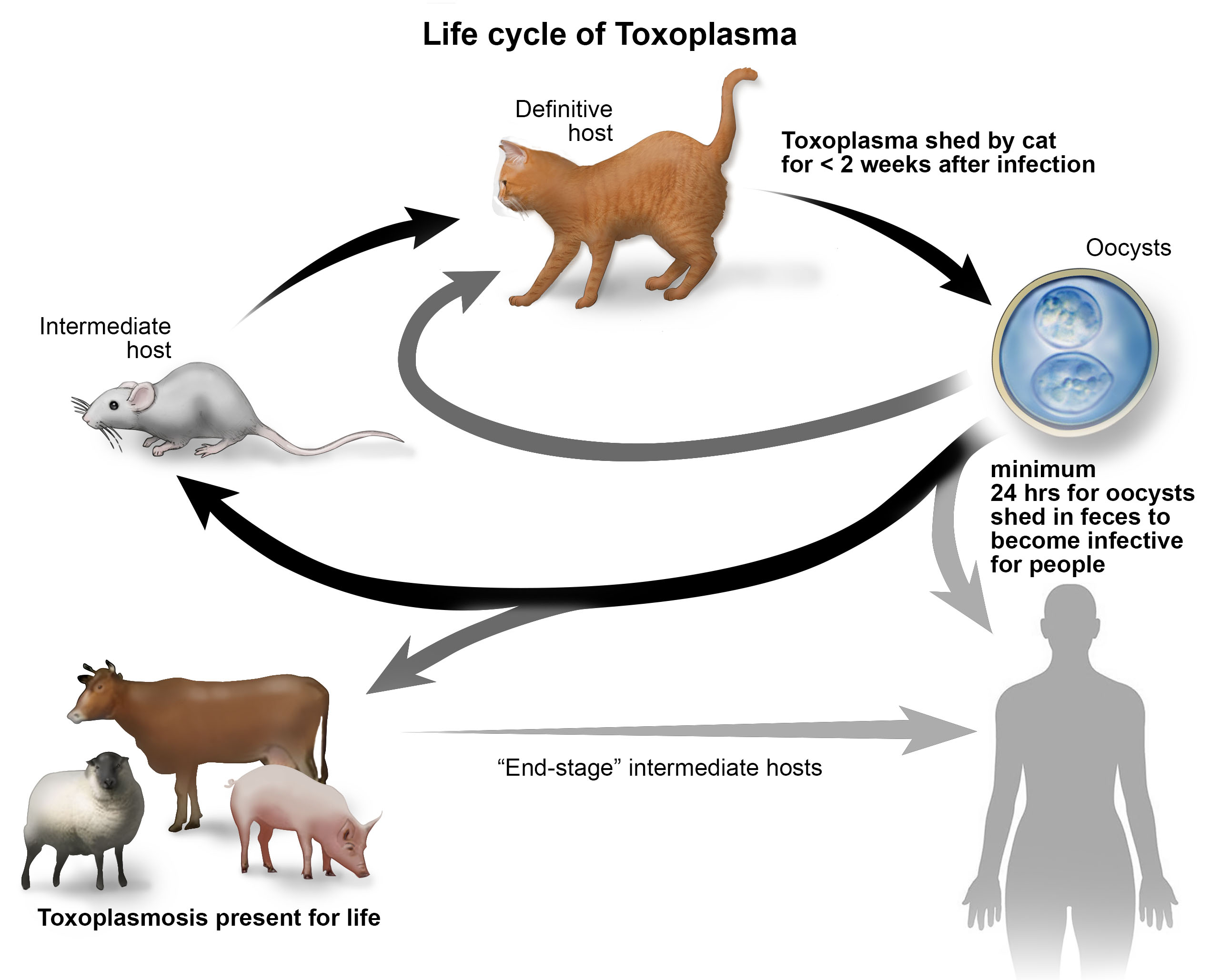
The term encephalitis refers to an inflammation of the brain. However, it also may be accompanied by the inflammation of spinal cord (myelitis), and/or the inflammation of the meninges (meningitis), membranes which cover the brain and spinal cord. Symptoms may vary depending on the portion of brain affected, they typically appear suddenly and are rapidly progressive. Common symptoms include: seizures, behavior changes, dullness, head tilt, vertigo and problems walking.
Causes
Encephalitis is either caused by an infection or an immune-mediated problem. Dogs can be exposed to numerous infectious possibilities even with normal every day backyard exposure. Certain types of infectious disease are found in different geographical locations. With most immune mediated diseases, the immune system is inappropriately attacking parts of the dog’s own body as it would an infection. The cause of immune-mediated disease is largely unknown, but likely the cause is multi factorial involving genetics and epigenetic factors. Smaller, toy breed dogs tend to be over represented.

Infectious diseases:
- Viral: Distemper, Rabies, West Nile
- Protozal: Toxoplasma, Neospora
- Fungal: Aspergillosis, Histoplasmosis, Blastomycosis)
- Bacterial: Staph, Strep, E.Coli, etc.
- Rickettsial: Tick borne infections (Rock Mountain Spotted Fever and Ehrlichia)


Immune-mediated causes:
- Granulomatous meningoencephalitis (GME)
- Necrotizing meningoencephalitis (NME)
- Necrotizing Leukoencephalitis (NLE)
Diagnosis
A diagnosis is typically made by a combination of a brain MRI, spinal fluid analysis and infectious disease testing. Through this process it will be determined if an infectious or immune-mediated cause is more likely. The diagnosis is typically presumptive because a biopsy of the brain is needed for a definitive diagnosis.
Treatment
The initial focus will be on reducing the severity of the symptoms. Your dog may require hospitalization and intensive care for stabilization. In the case of brain inflammation caused by an infection, the underlying cause will be treated individually, often through individualized antibiotics. Treatment of the brain inflammation itself consists of medication designed to decrease inflammation and suppress the immune system, such as prednisone, cytosine arabinoside, cyclosporine, azathioprine, leflunomide, and procarbazine.
Prognosis
The overall prognosis depends on the underlying cause of the condition, but generally good for most infectious causes aside from fungal causes and some viruses. Dogs with immune-mediated encephalitis all respond differently but is overall fair to good. The best indicator of long term success is how the dogs responds to initial treatment. Treatment can be prolong and often life long.